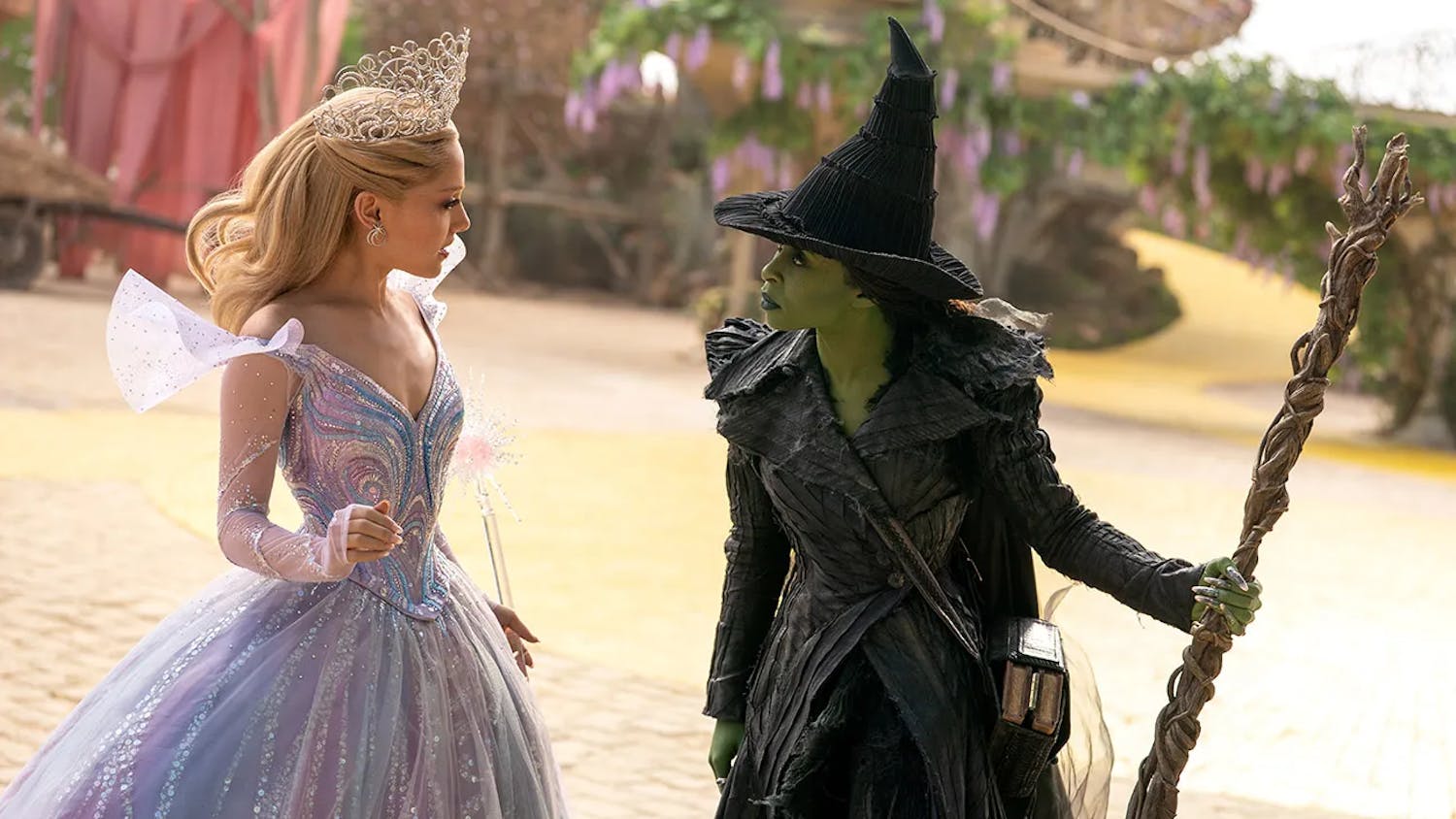On February 28, Colson Whitehead was awarded the prestigious John Dos Passos Prize for his exemplary work in literature through his novels and essays. The Dos Passos Prize was established at Longwood in 1980 and annually honors an extremely talented yet somewhat overlooked American writer of the century. The award exemplifies the characteristics of Dos Passos’ writing by choosing a winner who has “an intense and original exploration of American themes, an experimental approach to form and an interest in a wide range of human experiences.”
“Whitehead exemplifies the spirit of John Dos Passos in form and content,” said Assistant Professor of English Dr. David Magill. “His originality of vision, diversity of focus and intensity of language make him a unique artist. From elevator inspectors to zombies, John Henry to Band-Aids, his work travels the spectrum of American culture, but remains steadfast in its provocative exploration of race and American identity,” said Magill. Magill holds the chair of this year’s Dos Passos Prize Committee. He praises Whitehead’s work and calls it “mysterious and fascinating.”
Whitehead spent his time prior to the award ceremony speaking to several English classes and discussing his novels and other works, allowing the students time for questions and comments at the end.
His first novel, “The Intuitionist”, was called the “novel of the millennium” by GQ magazine in 1999.. His main character in “Intuitionist”, Lila Mae, was meant to portray an existential hero; at the time Whitehead had not written a story for a female protagonist and experimented with Lila Mae.
Since childhood Whitehead hoped to be a writer. He idolized Stephen King from a young age and for a while wanted to write horror and slasher novels due to popularity of the genres among his family.
Regarding his process for writing his novels, Whitehead says he begins with an idea and tests it before outlining the beginning and end. He likes to focus on the characters and plays around in order to see how he wants them to be seen throughout the book, but he does say he expects change when he finds their true character.
“I always have to know what the last sentence is going to be before I start,” said Whitehead regarding his process.
The ceremony for the award took place in the Molnar Recital Hall in Wygal at Longwood University. Magill began the banquet describing the award as being presented to the who’s who of writers and said, “tonight’s reader clearly belongs in this book.”
Interim President Marge Connelly and Vice President for Academic Affairs Ken Perkins were also in attendance and sat in the front row during Whitehead’s presentation. Throughout his speech, he had a very comedic and upbeat attitude, hilarious even as he commented on his own work. While reading an excerpt from his novel, “Sag Harbor”, he compared himself to the young boy getting a haircut. The section included a great use of description, an amazing use of adjectives and verbs and smooth dialogue and summary.
Afterward, Whitehead compared writing a book to bearing a child. “[It is one] of the crappiest jobs in the world,” he said.
He began to read the first sentence of his most recent novel, “Zone One”, four times, making a joke after he started it each time. He never actually read anything but the first sentence of the book and instead began on a tangent about “Star Wars”, calling the jawas from the movie “little space crackheads” and complaining how they have such eccentric technology — yet they can’t get R2D2 a voice-box.
Connelly presented the award to Whitehead — although the medal fell from its ribbon and he had to hold the award instead of wear it.
Funding for the award is currently provided by the Carson and Sharon Coulter ’63 Gibb Fund as well as Longwood University’s Office of Academic Affairs, the Cook-Cole College of Arts and Sciences and the Department of English and Modern Languages.


Whitehead’s novels include “The Intuitionist”, “Apex Hides the Hurt”, “Sag Harbor” and “Zone One” and has also published a collection of poems. He contributes his writing to The New York Times, The New Yorker, New York Magazine, Harper's and Granta.
Currently, he is wrapping up an expansion of an article on the World Series of Poker after attending the event previously and in six weeks had to learn the rules and how to play. The book will be non-fiction. As far as his next fiction book, “It’s still coming,” he said.
For ambitious writers, Whitehead, who attended Harvard and aspired to write after reading novels from writers such as T.S. Eliot, said, “Keep writing; you write a terrible story and the next one’s better and hopefully the one after that is even better.”









